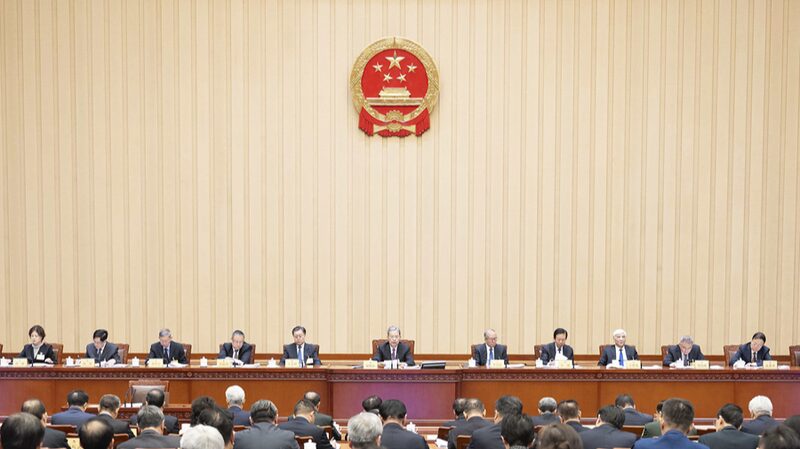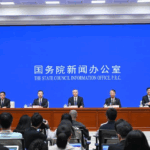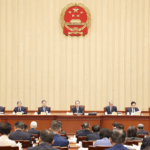Chinese President Xi Jinping signed multiple presidential orders on Friday, enacting sweeping legal reforms aimed at modernizing governance and addressing critical challenges in public health, environmental protection, and international arbitration. The laws were adopted during a session of the Standing Committee of the National People's Congress, reflecting China's evolving priorities in a rapidly changing global landscape.
Public Health Emergency Response Law
A cornerstone of the reforms is the new public health emergency response law, which mandates a nationwide reporting system requiring medical institutions to flag potential crises within two hours via an online platform. The law establishes a multi-source monitoring network designed for rapid detection of threats, aiming to prevent large-scale health crises through early intervention. Slated to take effect in November 2025, it underscores China's focus on strengthening pandemic preparedness.
Arbitration Law Revisions
The revised Arbitration Law introduces digital proceedings and encourages cross-border collaboration, positioning China as a competitive hub for international commercial disputes. Notably, arbitration institutions can now establish overseas branches, a move analysts say aligns with growing global trade demands. Effective March 2026, these changes are expected to boost foreign investor confidence in China's legal infrastructure.
Environmental and Energy Priorities
New legislation includes the National Park Law, set for January 2026 implementation, which formalizes protections for ecologically sensitive areas. Meanwhile, the Atomic Energy Law and a statute promoting public legal education aim to bolster energy security and civic awareness, respectively. These measures highlight China's dual focus on sustainable development and governance modernization.
With staggered effective dates between 2025 and 2026, the laws signal a strategic roadmap for addressing domestic needs while enhancing global engagement.
Reference(s):
President Xi signs presidential orders to enforce multiple laws
cgtn.com




